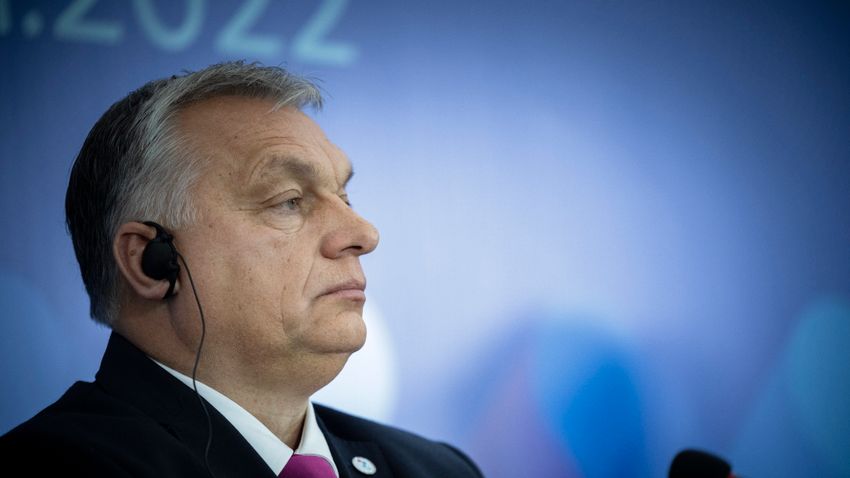Hungarian Prime Minister Viktor Orbán denied on Tuesday the widely reported news that his country vetoed a European Union aid package for Ukraine worth €18 billion at a meeting of EU finance ministers.
Some news outlets had been briefed that Hungary rejected the plans to assist the war-torn country in a bid to force Brussels to release frozen EU funds owed to Budapest; however, Orbán took to Twitter to debunk reports in the mainstream media.
“Today’s news was all about Hungary vetoing financial assistance to Ukraine. This is fake news,” Orbán wrote, adding that “Hungary is ready to give financial assistance to Ukraine on a bilateral basis. No veto, no blackmailing.”
In two subsequent tweets, Orbán detailed Hungary’s position further:
“We do want to convince EU member states, however, that common EU debt is not the solution. If we continue to go down the road towards a debt community, we will not be able to turn back,” he warned.
“We envision a different future for Europe. One built on strong member states, instead of huge piles of common debt,” he added.
On Tuesday, all major news outlets including Reuters, Associated Press, the Financial Times, and Politico reported that Hungary had vetoed EU aid for Ukraine over the bloc’s decision to delay recovery funds for Budapest.
“At an EU economics and finance ministers’ meeting in Brussels, Hungarian minister Mihaly Varga confirmed his government’s opposition to a loan for Ukraine financed by joint EU borrowing. Budapest has said it would provide bilateral help to Kyiv,” Reuters reported.
The Hungarian leader has made no secret of his view on Europe bankrupting itself to help Ukraine carry on the war against Russia following the latter’s invasion of the country on Feb. 24.
Late last week, he told listeners of a Hungarian radio show that while Hungary will happily support Ukraine through a bilateral agreement between countries, he saw no benefit in Europe effectively becoming a “debt community.” He added that “not only our children, but also our grandchildren will suffer the consequences” of the mass joint borrowing scheme proposed by the European Union to continue financing Ukraine’s defense.





